MARCH 2022
MIT SCHOOL OF HUMANITIES, ARTS, AND SOCIAL SCIENCES
A section of Said & Done | Media Digest Section | Subscribe
KUDOS
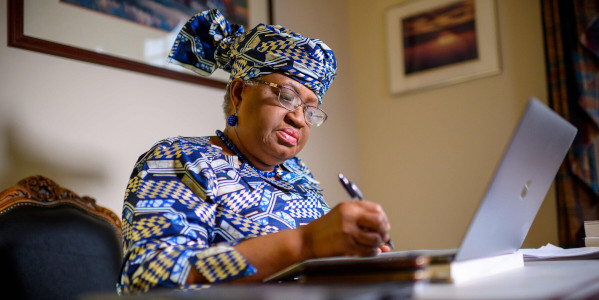
Ngozi Okonjo-Iweala; photo via Eric Baradat/Agence France-Presse
ASSOCIATED PRESS
WTO leader Ngozi Okonjo-Iweala chosen to address MIT grads
Okonjo-Iweala, PhD '81 (Economics), who became the first woman and first African to lead the World Trade Organization, has been named keynote speaker at MIT spring commencement.
Story from the Associated Press
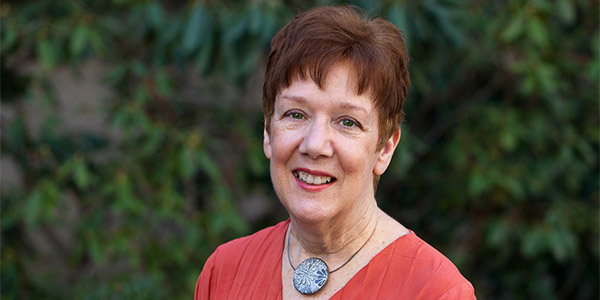
Marcia Bartusiak, Professor of the Practice of Science Writing emeritus
SCIENCE WRITING
Bartusiak named Distinguished Lecturer by Sigma Xi Scientific Honorary Society
Marcia Bartusiak, Professor of the Practice of Science Writing emeritus, will give lectures during 2022-23. Sigma Xi is designed to reward excellence in scientific research and to encourage a sense of companionship and cooperation among scientists in all fields.
Announcement | Becoming a lecturer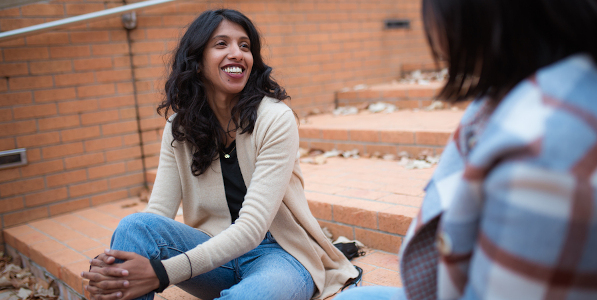
Athulya Aravind; photo by Gretchen Ertl
LINGUISTICS
Fostering an enriching and compassionate research environment
Committed to Caring honoree Athulya Aravind helps her graduate students navigate research and academia.
Story at MIT News
MEDIA DIGEST
THE WAR IN UKRAINE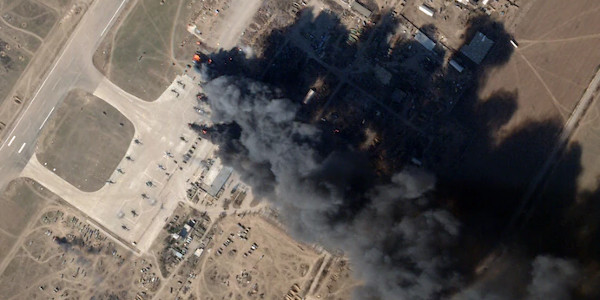
Fire and smoke is visible at Kherson International Airport and air base in Kherson, Ukraine; photo via Planet Labs
NBC
Russia invades Ukraine | Carol Saivetz
Saivetz, a senior adviser in the MIT Security Studies Program, gives background on Russia’s invasion as it unfolds.
Coverage at NBC
ABC
Seizure of Chernobyl by Russian troops sparks health concerns | Kate Brown
Conventional war and nuclear power are not a good combination," Dr. Brown, who has been studying Chernobyl for more than 15 years, told ABC News. "Nuclear power requires security, stability and peace. It's a tall order." If any military activity sparks a fire, it could release radioactivity from the wooded areas of the exclusion zone, which could then spread, she said.
Story at ABC
WGBH
Teaching about events in real time | Elizabeth Wood
The Ukraine invasion has made school textbooks obsolete, forcing teachers to talk about events in real time. Wood, a Russia history professor at MIT, says plans last week for a Slavic holiday celebration were cut short. “I opened it by saying, let's stop and talk about what's happening, and let's talk about the suffering in Ukraine . . . and the students were all ears.”
Coverage at WGBH
THE NEW YORK TIMES
Ukraine presents a moral crisis, not just a military one | David Miliband
Miliband, a distinguished MIT alumnus and former Center for International Studies fellow, pens a powerful guest essay: "With Russia’s invasion of Ukraine, the military balance of power in Europe is up for grabs. The moral balance is also at stake. The West needs to show that it can live up to its values — as well as defend itself."
Opinion at The New York Times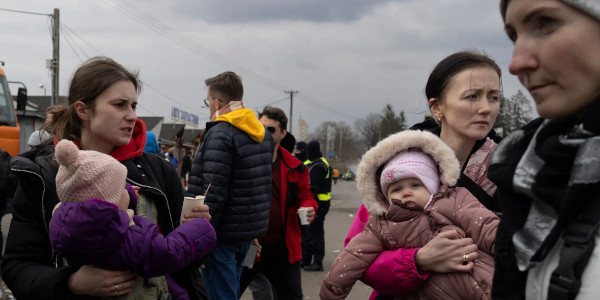
Refugees and their daughters, from Lviv, after crossing the border into Poland; photo Maciek Nabrdalik, NYT
POLITICO
Invasion puts spotlight on Ukraine nuclear reactors | Kate Brown
Brown, who has written about the Chernobyl accident, said she fears that fighting at the reactor site could start fires that could carry smoke-borne radioactivity. “It’s called an exclusion zone for a reason,” Brown said. The steel containment structure, the length of nearly three football fields, was needed to control leaking radioactivity, she said: “The last thing you want is a missile hitting that.”
Story at Politico
WBUR
Ukraine, Russia meet for talks as Putin raises prospect of nuclear war | Jim Walsh
Host Peter O'Dowd speaks with Here & Now security analyst Walsh, senior research associate at the MIT Security Studies Program.
Commentary at WBUR
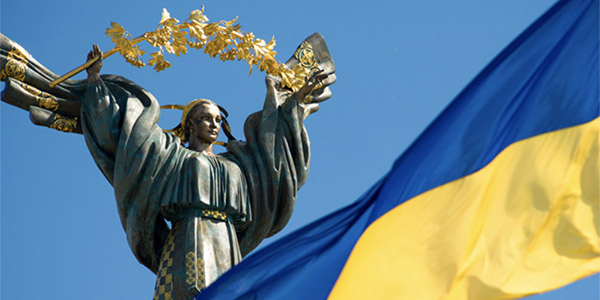 Image via MIT Center for International Studies
Image via MIT Center for International Studies
FINANCIAL TIMES
Letter: Putin’s is only one side of the national character | Daniel Aronoff
Aronoff, a PhD candidate in Economics, writes, "Martin Wolf correctly states that “Russia has emerged as a pariah ruled by a gangster”...Yet, there is another tradition that has equally deep roots. It is the spontaneity and humanity expressed in the poems of Pushkin and the novels of Tolstoy and Pasternak. The voices in favour of liberalism."
Story at The Financial Times (subscription required)
THE BOSTON GLOBE
Watching war in real time, one TikTok at a time | Maham Javaid
Javaid, a human rights journalist and current MIT fellow, writes, "Seeing war survivors in photographs and videos is not novel. Yet TikTok allows viewers to watch survivors record themselves — and then step behind their cameras to show us what they see."
Story at The Boston Globe
NEWSWEEK
Nuclear question: What is Putin's threshold? | Barry Posen
"If the Russian campaign starts to feel like it's a military catastrophe, that's where escalation to nuclear weapons comes into play," says Posen, Ford International Professor of Political Science at MIT.
Story at Newsweek
CNN
Ukraine release video from inside nuclear plant following attack | Jim Walsh
International Security Analyst Jim Walsh, a research associate at the MIT Security Studies program, and Harvard’s Alexandra Vacroux join CNN Newsroom host Cristi Paul, talking about Russia’s attack on a Ukrainian nuclear facility.
Story at CNN
THE WASHINGTON POST
Ukraine helped build China’s military, but Beijing chose Russia | M. Taylor Fravel
“Russia is far and away the most important arms supplier to China,” said Fravel, director of the security studies program at the Massachusetts Institute of Technology. “Where Ukraine has really helped China has been in the area of jet engines, as well as some ship engines and air-to-air missiles.”
Story at The Washington Post
ECONOMICS
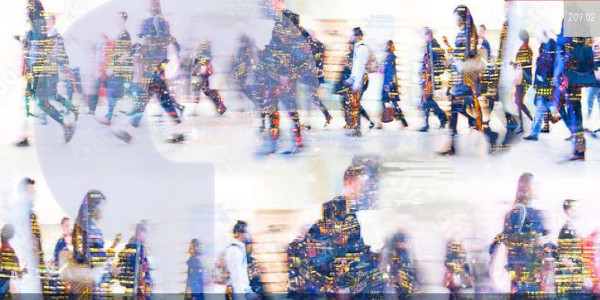
Detail from cover: Change This
SPOTLIGHT BOOKS | CHANGE THIS
The Future of Work | A manifesto from Autor, Mindell, Reynolds
Three powerful economic voices from MIT write in a timely manifesto: "The remarkable history of American innovation was powered not by fear or fatalism, but by a profound sense of possibility. Those possibilities remain."
About the book
WBZ-TV
Russia-Ukraine conflict will affect gas prices | Jonathan Gruber
“Putin is in the driver’s seat, I think, at this point about whether he wants to risk further sanctions continuing into Ukraine or whether he wants to let things settle down for a while,” explained MIT economist Gruber.
Story at WBZ-TV
THE NEW YORK TIMES
Absent or swinging prices keep consumers guessing | Amy Finkelstein
In a 2009 study Finkelstein found that when people use cash less, prices go up. Dr. Finkelstein studied what happened when states introduced electronic toll collection. After enough drivers installed the toll readers in their cars, she estimated, tolls became up to 40 percent more expensive than they would have been if only cash were accepted.
Story at The New York Times
FORBES
The difference in today's automated AI revolution | Daron Acemoglu
Acemoglu painted a picture of the early days of AI automation, saying, “labor demand will grow slowly, inequality will increase and the prospects for many low-education workers will not be very good.”
Story at Forbes
GBH
Designing benefits for platform workers | Jonathan Gruber
Gruber talked about his initial findings from a survey of gig workers about their preferences on benefits.
Conversation at GBH | Read the working paper
VOX
Corporate pricing is boosting inflation — but we’re still buying | David Autor
"U.S. markets have been concentrating for decades but high inflation is [less than] one year old,” Autor wrote in response to the survey reports in this coverage.
Story at Vox
WBZ-TV
Gas prices continue to soar in Massachusetts | Jonathan Gruber
"People are worried about what’s going to happen in the future, so they are raising the price even more...This is an artificially set price because OPEC controls how much oil they release,” explained Gruber. “[OPEC] like[s] the price going up, but if it goes up too much and people stop driving, it’s bad for them, so at some point they will release more oil and keep the price from going too high.”
Story at WBZ
BEING HUMAN
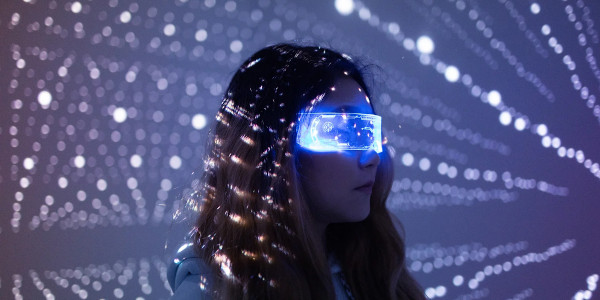
Photo by Qi Yang/Getty Images
SCIENTIFIC AMERICAN
The Metaverse is coming; we may already be in it | Rizwan Virk
Virk, computer scientist, video game pioneer, and founder of the MIT Play Labs, writes on the power and persuasiveness of simulations: "A few years ago, while doing research for a virtual reality (VR) program at MIT that I would be running, I donned a VR headset and played a ping-pong game. The game was so realistic that it momentarily fooled my brain. When it ended, I instinctively tried to put the paddle down on the “table” and lean against it. Of course, the table didn’t exist, and I almost fell over."
Story at Scientific American
SCIENTIFIC AMERICAN
The cloud's staggering ecological impacts | Steven Gonzales Monserrate
Gonzales Monserrate, an MIT HASTS PhD candidate, writes that "the cloud is not only material but also an ecological force," drawing on his prescient anthropological research into the vast human and planetary implications of cloud technology.
Story at Scientific American
THE NEW YORK TIMES
Disabled Chinese fight for equal rights despite Paralympic glory | Wu Di
HASTS PhD candidate Wu Di, who focuses on disability rights, says that "We shouldn’t see disabilities as flaws,; we should see it as an identity. We should change society — not expect people with disabilities to change themselves.”
Story at The New York Times
NPR
Abhijit Banerjee on NPR's "Hidden Brain": putting our assumptions to the test
Do you ever stop to wonder if the way you see the world is how the world really is? Banerjee has spent a lifetime asking himself this question. His answer: Our world views often don't reflect reality. The only way to get more accurate is to think like a scientist — even when you're not looking through a microscope.
Commentary at NPR
HISTORY 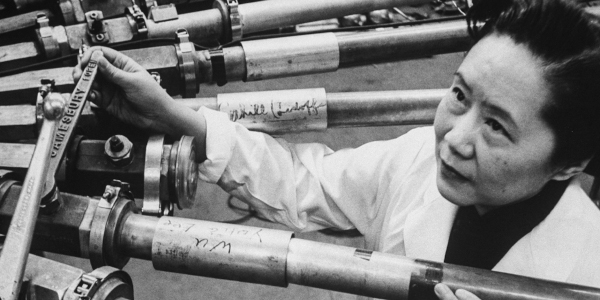
Chien-Shiung Wu; photo via Getty Images
SCIENCE
Postage stamp honors physicist many say should have won a Nobel | David Kaiser
The U.S. Postal Service will issue a stamp commemorating Chien-Shiung Wu. Lee and Yang [1957 Nobel Prize winners in Physics for the discovery of parity violation] had sharpened their theoretical ideas in discussions with Wu, notes Kaiser, an MIT historian of science and physicist.
Story at Science
THE FUTURE OF STORYTELLING
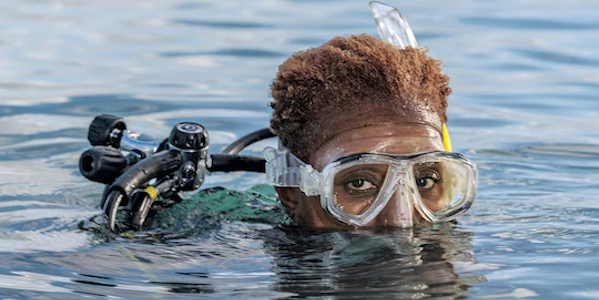
MIT Open Doc Lab Fellow Tara Roberts pictured on the cover of National Geographic
NATIONAL GEOGRAPHIC
What led this storyteller on a journey to the bottom of the ocean | Tara Roberts
When Roberts, who is a storyteller, editor, MIT Open Documentary Lab fellow, and, of course, diver, reached out to Diving With a Purpose, a nonprofit that teaches divers how to locate shipwrecks, she was invited by founder Ken Stewart to join one of their diving expeditions. That invitation started the journey that led to Roberts's becoming the first Black female Explorer featured on the cover of National Geographic.
Story at National Geographic
SMITHSONIAN MAGAZINE
This deepfake exhibition shows how convincing the new technology can be
Could you spot a deepfake? The Museum of the Moving Image in Queens, New York, has a new exhibition that will put your credulity to the test. The centerpiece of the exhibition is the video In Event of Moon Disaster, a six-minute film produced by the MIT Center for Advanced Virtuality, which won an Emmy Award this year for Outstanding Interactive Media: Documentary.
Story at Smithsonian Magazine
POPULAR SCIENCE
Dust clouds are killing people out West; the dangers could spread | KSJ
In an important story funded by the MIT Knight Science Journalism program, Virginia Gewin writes that "Dust may be one of the biggest environmental hazards routinely swept under the rug."
Story at Popular Science
DEMOCRACY 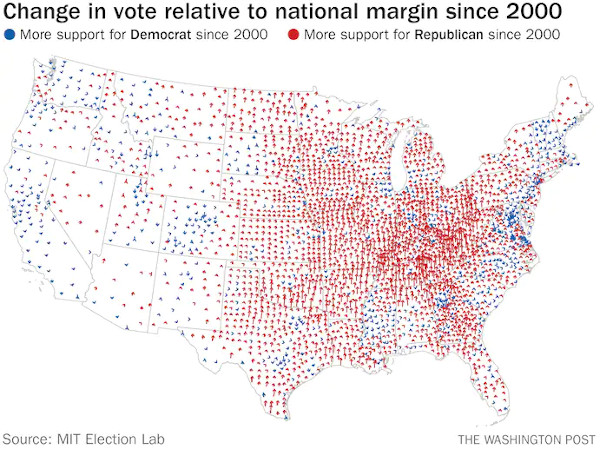
What the political shift in rural counties looks like since 2000 | Election Lab
Using data from the MIT Election Data and Science Lab, the author creates a map showing the shifts by county since 2000. Red arrows indicate counties that voted more Republican relative to the national margin than they had in 2000. Blue arrows voted more heavily Democratic.
Analysis at The Washington Post
PUBLICATIONS DIRECTORY
A Convenient, One-Page Portal
Here you will find all the online channels, newsletters, and publications produced by the School's 20+ departments, sections, programs, and centers. Look for current research, news, and commentaries from each of the MIT SHASS fields.
Visit the Publications Directory
The Media + Awards Digest is a section
of Said and Done, the School's online digest.
EXPLORE
Follow MIT Now
Updates on the return to campus
Subscribe to Said and Done
10 issues a year
Making a Better World | Research
Browse
21st Century Democracy
Research, Features, Commentaries
Diversity, Equity, and Inclusion
Welcome! Gallery + Timeline
Making a Just Society
Research, Insights, Classes
Solving Climate: Humanistic Perspectives
Commentaries
Pandemic
Economics to Daily Life to Music
Ethics, Computing, and AI: Perspectives from MIT
Research-based Commentaries
Computing and AI: Humanistic Perspectives from MIT
Research-based Commentaries
MIT Climate website
A major source of research, innovation, and discussion
Join us!
SHASS on MIT News
Research and Features
MIT Campaign for a Better World
Story | Join Us

Published by MIT SHASS Communications
Office of the Dean, MIT School of Humanities, Arts, and Social Sciences
Editor and Designer: Emily Hiestand
Publication Associate: Alison Lanier
Media Relations Manager: Stephen Oakes
Published 17 February 2022




